The annual Sallah Durbar festival, a grand display of Kano’s rich cultural heritage, will not take place this year following a security directive issued by state authorities. The decision, announced by the Commissioner of Police, CP Adamu Bakori, has been met with both disappointment and understanding.
Speaking on the matter, Emir of Kano and Khalifah of Tijaniyya, His Highness Muhammadu Sanusi II, expressed his full support for the move, emphasizing that public safety takes precedence over tradition.
The Durbar, a vibrant event that dates back to the 15th century, is typically held to celebrate the end of Ramadan with a magnificent procession of royal horsemen, drummers, and dancers, attracting thousands of spectators. However, this year, intelligence reports indicated a potential security threat, prompting authorities to impose a ban on the festivities.
During an Iftar dinner at the Kano Emir’s palace, attended by distinguished Islamic scholars, traditional leaders, and government officials, Emir Sanusi reaffirmed that while the Durbar is an important cultural tradition, its cancellation is a necessary sacrifice for peace and stability.
Security Concerns Lead to Cancellation of Historic Durbar Festival
The Kano State security apparatus, under the leadership of CP Adamu Bakori, made the decision to ban the Sallah Durbar following intelligence reports that warned of a potential security risk.
Security agencies, working in collaboration with federal and state forces, raised concerns about the possibility of unrest due to rising tensions in the region. Given the large crowds and public nature of the festival, authorities concluded that it would be safer to suspend this year’s celebrations rather than risk any threats to lives and property.
While the announcement initially sparked disappointment among Kano residents, the Emir’s endorsement of the decision has helped ease tensions, reinforcing the message that peace and security should always come first.
Emir Sanusi: “Durbar is Not a Matter of Life and Death”

Known for his progressive approach to leadership, Emir Sanusi II emphasized the need for wisdom and adaptability when addressing security concerns.
“I do not see the Eid El Fitr Durbar as a matter of life and death,” he said during his remarks at the Iftar dinner. “What matters most is the well-being and safety of Kano’s citizens.”
The former Governor of the Central Bank of Nigeria (CBN) further noted that while the Durbar is a cherished tradition, it is not more important than protecting lives and maintaining stability in the state.
His remarks were aimed at urging patience among the people of Kano, encouraging them to accept the decision with understanding and responsibility.
He also called on all residents to cooperate with security agencies, ensuring that the Eid celebrations proceed peacefully without any disturbances.
Kano Government, Religious Leaders Applaud Emir Sanusi’s Leadership
The decision to cancel the Durbar was welcomed and commended by prominent figures in the state government and the religious community.
Speaking on behalf of the Kano State Government, Secretary to the State Government (SSG) Alhaji Ibrahim Umar Faruq praised Emir Sanusi’s leadership and his willingness to put public safety before tradition.
Faruq, who was once a student of Sanusi at Ahmadu Bello University (ABU) in the early 1980s, recalled the Emir’s kind-hearted nature and commitment to guiding young minds. He noted that the Emir’s wise and pragmatic approach to governance had once again been demonstrated through his support for the ban.
Similarly, Professor Shehu Galadanci, the Murshid (Chief Imam) of the National Mosque, expressed deep admiration for Emir Sanusi’s wisdom and foresight.
“As a leader, he has shown profound understanding of the realities facing Kano. His decision to prioritize security over festivities demonstrates a true sense of responsibility,” the Chief Imam remarked.
Both government officials and religious leaders acknowledged that Kano’s peace and stability are paramount, and thanked the Emir for his steadfast commitment to unity and security.
The History and Cultural Significance of the Sallah Durbar
The Sallah Durbar is one of the most visually stunning and culturally significant festivals in Northern Nigeria. Originating as far back as the 15th century, the Durbar was originally a military parade showcasing the strength of the Emirate’s cavalry. Over time, it evolved into a symbol of cultural pride and royal tradition, becoming one of the most anticipated events in Kano’s calendar.
During the Durbar celebrations, the Emir and other nobles lead a grand procession through the streets of Kano, riding beautifully adorned horses while royal drummers and trumpeters play traditional music. The event attracts thousands of spectators, dignitaries, and tourists eager to witness the display of heritage and pageantry.
Although this year’s event has been suspended, the tradition remains deeply embedded in Kano’s history, and many hope to see it return under improved security conditions in the future.
What’s Next? Will the Durbar Return?
While there is no official timeline for when the Sallah Durbar will be reinstated, there is optimism that future celebrations will resume once security conditions improve.
For now, the focus remains on ensuring that Kano’s Eid celebrations proceed safely, without any threats to public order.
Emir Sanusi’s wise decision to accept the security directive serves as a reminder of his commitment to peace, reinforcing his reputation as a forward-thinking leader.
As Kano navigates its current security challenges, the cooperation of both leaders and citizens will be essential in maintaining peace, stability, and progress.
Read also: The Court’s Justification for Suspending Sanusi’s Reinstatement
Final Thoughts: A Lesson in Leadership and Responsibility
The decision to cancel the Durbar was not an easy one, but it highlights the importance of prioritizing security over tradition.
Emir Sanusi II’s graceful acceptance of the security ban sends a strong message that leaders must sometimes make difficult choices for the greater good.
While the absence of the Durbar will be felt deeply, the people of Kano can take solace in knowing that their safety and security remain the top priority.
Looking ahead, there is hope that the Durbar will return, stronger and more vibrant than ever, in a more stable and secure Kano.
Until then, the Emir’s call for peace and unity remains the guiding principle for all Kano residents.






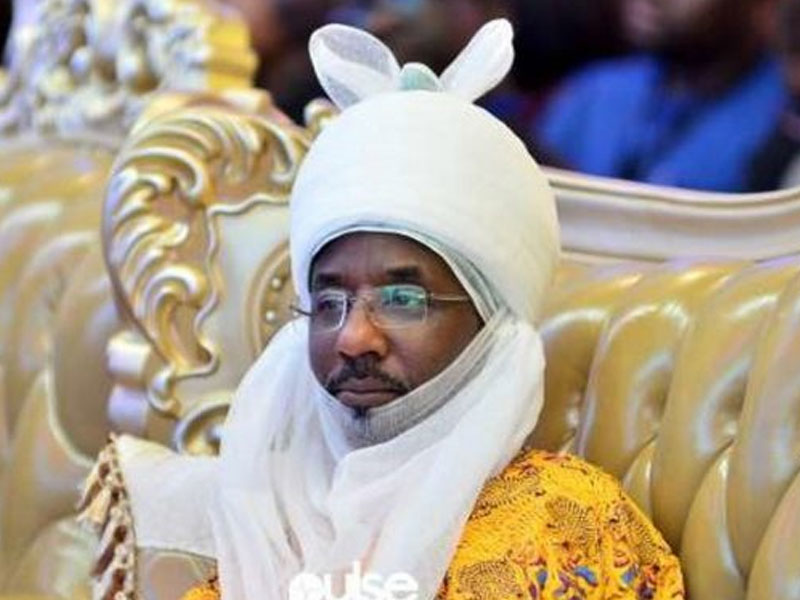
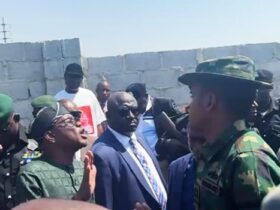




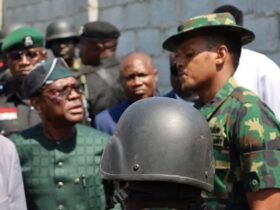
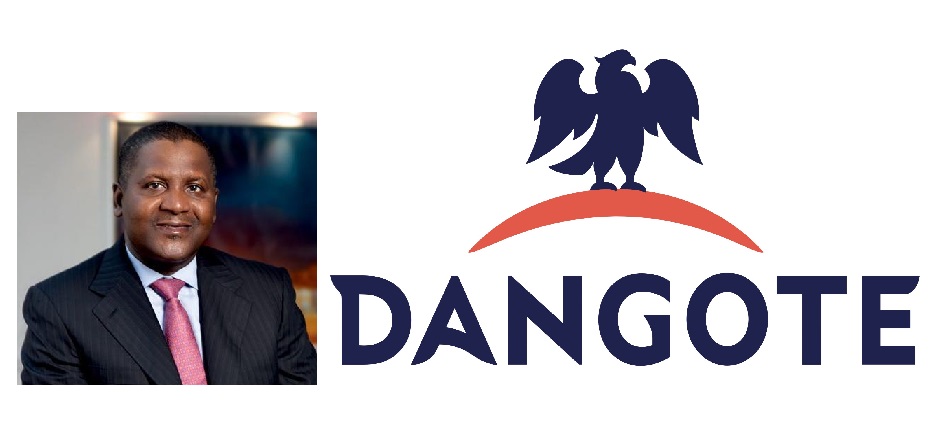
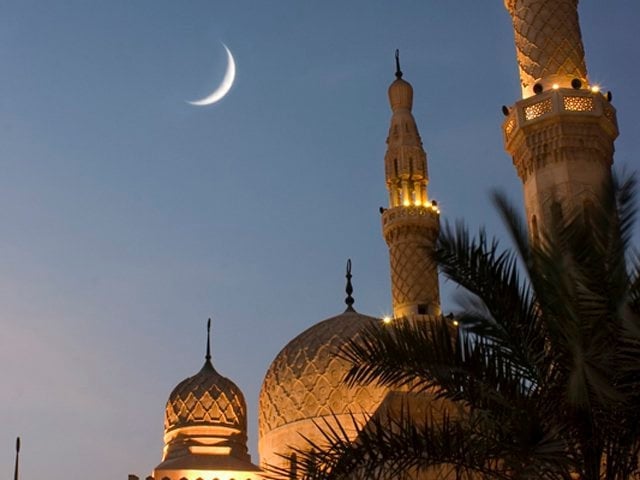
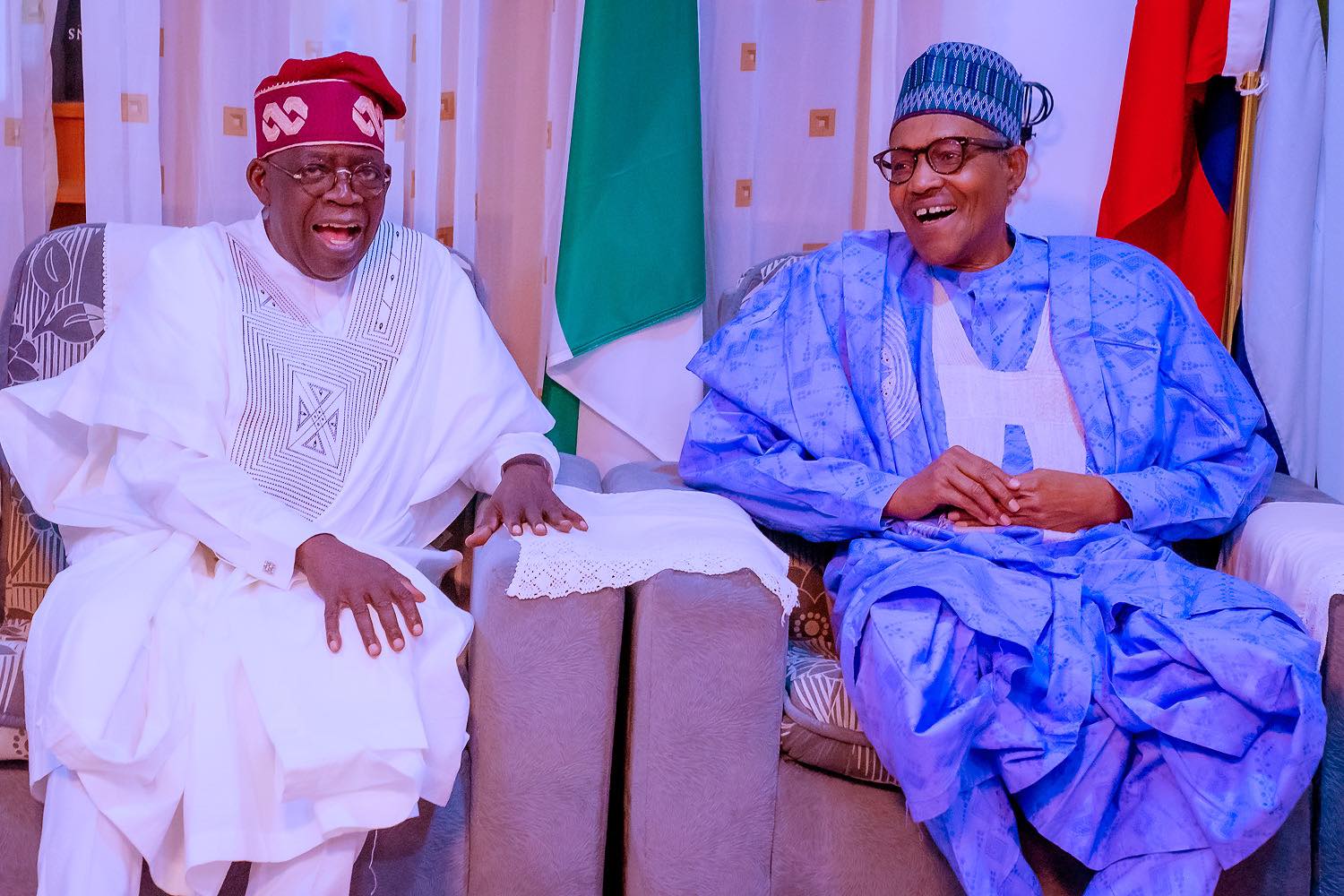
Got a Questions?
Find us on Socials or Contact us and we’ll get back to you as soon as possible.